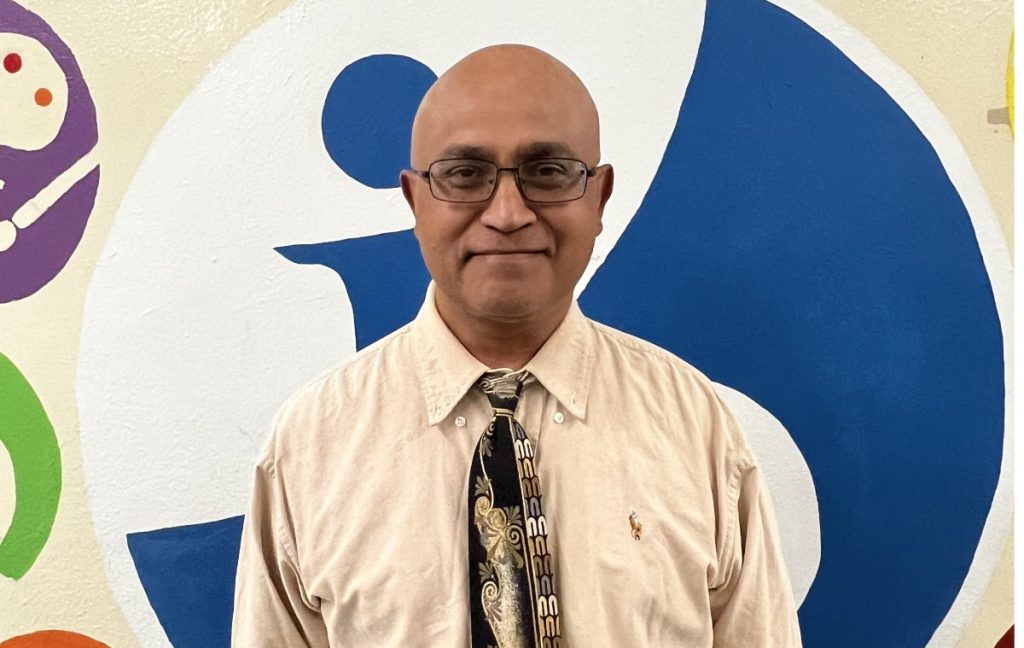On Thursday July 4, USA celebrates her 248th anniversary since declaring independence from Britain in a revolution. The more than million Guyanese migrants (from 1966 onwards) and half a million Trinidadians and their American born, the estimated million Indo-Caribbean Americans, have immersed themselves in traditional American activities while retaining cultural values brought from Guyana, Trinidad, Suriname, and elsewhere. Indian Guyanese, Indian Trinidadians, and Indian Surinamese have transplanted their cultural and economic institutions in communities around the USA while embracing new ones in the host country.
Every Indian Guyanese, Trini, Surinamese tend to display pride in being an American while retaining the hyphen Guyanese or Trini, or Indian Guyanese or African Guyanese or Trini American or Indo-Caribbean American or some other hyphen American. It is no different from other ethnic groups (Irish, Italian, Ukrainian, German, etc.) celebrating their identity as well as being American and of observing traditional holidays and the spirit of being an American – supporting the nation in its conflicts and rallying to its causes.
Guyanese, Trinidadians, Surinamese have pointed out that no other nation has provided the kind of opportunities enjoyed by Guyanese, Trinidadians, and other immigrants. Guyanese and Trinis have been able to uplift themselves enjoying a quality of life and a standard of living that was and is still never possible in their former homeland. They and their descendants are homeowners as well as owners of vehicles. They and their descendants get a quality education allowing them to obtain professional positions. Those not employed get financial assistance from the state. Immigrants enjoy absolute democracy – free to criticize or critique the American government and politicians (including the President, Members of Congress, Governors, Mayors, State Legislature, among others) and don’t have to worry of losing their jobs or of being harassed or targeted as happens in Guyana and Trinidad. In USA, government powers are limited and peoples’ rights are protected and enforced by the court. The people are supreme unlike in Guyana where the government lords over the people.
Almost every Guyanese and Trini immigrant is proud to be an American. They considered USA as the most powerful nation and they feel it will remain as such in the foreseeable future. However, there is a handful of Guyanese migrants who are critical of USA but want to remain in America to enjoy the perks and privileges offered by the state. They don’t want to return to live in Guyana because such benefits they have in America don’t exist in Guyana.
Almost every Guyanese and Trini and Surinamese immigrant and their American born children, grandchildren, and great grand celebrates traditional American holidays like Thanksgiving, birthdays of George Washington, Abraham Lincoln, and MLK, and they also observe Memorial Day and Veteran’s Day. They take pride to celebrate America’s independence attending parades and flying USA flags. They observe the Independence holiday as other Americans do with barbecues, picnics, and hosting dinners. They partake in or line the routes of parades cheering participants. They watch fantastic fireworks. They engage in sports; cricket is increasingly becoming popular and likely to become mainstream sport in the not too distant future. Some travel!
Indian Guyanese, Trini, Surinamese, Jamaican, Grenadian Americans, other Indo- Caribbeans have become nationalistic towards their new adopted homeland. They seek closer relations with their home country. Guyanese Americans would like to see Guyana become like America. They want a stronger tie up with USA. The Guyana government should pay heed to the views of the diaspora and strengthen ties with Washington. While participating and immersing themselves in traditional American institutions, Guyanese, Trini, other Indo-Caribbean Americans should work closely with other ethnic groups to combat common threats.
Celebrating festivals are acts of patriotism, but Indo-Caribbean Americans must also vote. They must register to vote and participate in the electoral process as candidates, volunteer for candidate seeking office, engage in fundraising and most importantly vote. A community is taken seriously by politicians when they cast ballots. Voting determined how they will be governed. With active political participation, politicians will heed their requests.
